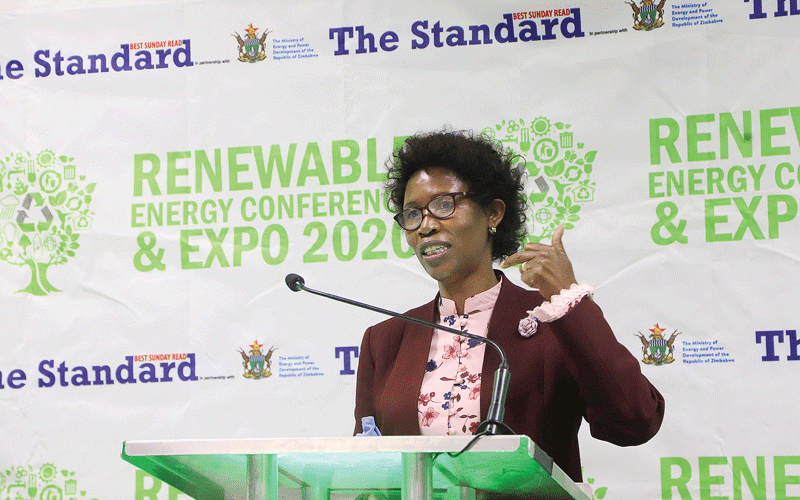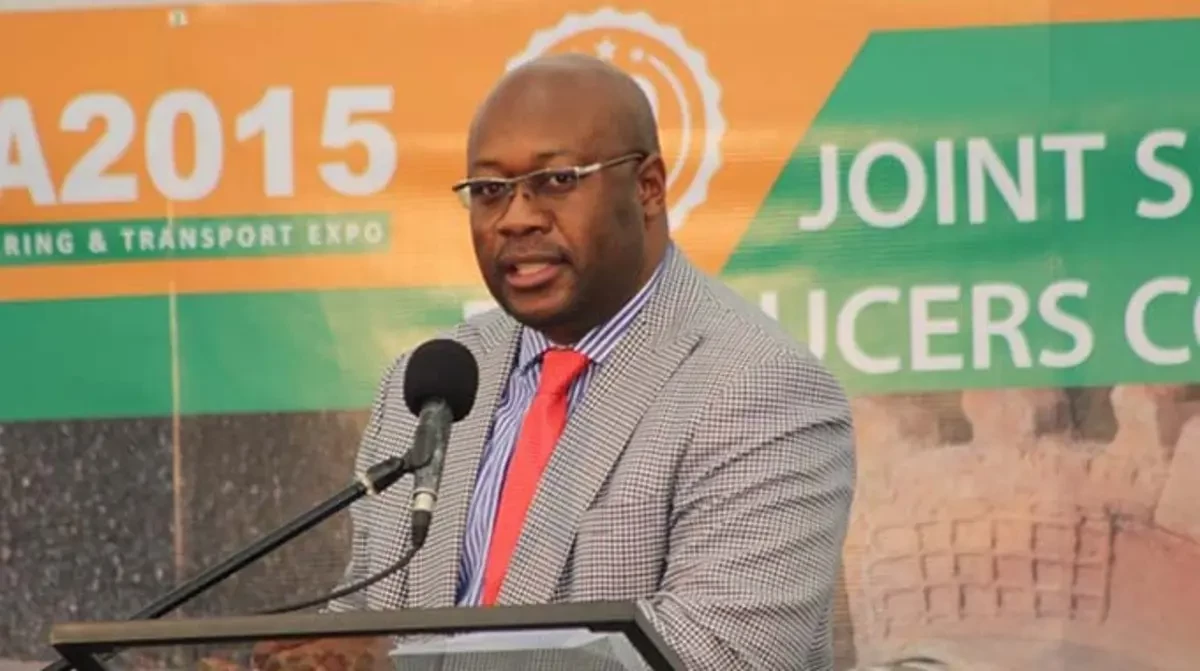
By Melody Chikono
THE insurance industry has always been at the receiving end of the country’s economic challenges, with many people losing confidence in the sector.
As a result, uptake of insurance policies has been low for some time. But Insurance Council of Zimbabwe (ICZ) chief executive Tendai Karonga (TK), who spoke to NewsDay Senior Business Reporter Melody Chikono (ND), said the sector was doing all it could to restore public confidence.
ND: What are the key issues in the insurance industry at the moment?
TK: It is two things: The value that was lost in pensions in 2009 and 2019 and the attempt to maintain value as we go on. Those are the two main things that concern us; not only the insurance industry but the whole economy.
ND: On the issue of compensation to those who lost the value of their policies years ago, why is it taking long to be resolved?
TK: It’s not a one-way solution, all bodies need to sit down and agree on a way forward because it plays a crucial role in confidence building in the people in the sector.
The issue of confidence within the insurance industry is closely related to pensions, I mean the pensions that people look forward to when they retire. Is it meaningful, or can it be made meaningful? In the past decade, pensions have not been meaningful.
- Chamisa under fire over US$120K donation
- Mavhunga puts DeMbare into Chibuku quarterfinals
- Pension funds bet on Cabora Bassa oilfields
- Councils defy govt fire tender directive
Keep Reading
So the pensioners are now asking themselves whether it is advisable to really invest their money in pension systems.
They want to know whether they will get the full value of their pensions. At the moment, the economy is failing to sustain the value of money because of its inflationary tendencies.
So peoples’ confidence is severely dented because it is failing to provide a valuable pension that one can live on after retirement.
You may ask why the loss of value? Well that is a question for the Finance ministry to say all the measures and policies they are putting in place in order to restore stability to the economy.
ND: Economic issues aside, what are other key operational challenges that the insurance companies are grappling with?
TK: Well, these are related to the economy, but downstream, it’s the disposable incomes. People have low disposable incomes at the moment, so their uptake of insurance policies, in general, is low and that also affects what is called the penetration rate.
In other words, how much insurance business is done in the country? So, everything hinges on the economy and inflation. Because of that, we have low uptake of insurance business. COVID-19 also affected insurance uptake. So, it’s these two issues: The economy and the pandemic.
We are now also seeing signs of recovery because there is a feeling that the pandemic is wearing off. The government is positive on the actions it is taking.
We need to give it some time before we can judge. I know it’s difficult because the negative effects are all over in our day-to-day lives, but let’s observe the efforts they are putting in place.
ND: In light of these challenges, what then can you say about the future of insurance in Zimbabwe?
TK: The future of insurance is bright once we handle economic stability issues. There is also the African Continental Free Trade Area policy, where all trade barriers will be removed and so there is an opportunity to grow the Zimbabwean insurance sector regionally and continentally.
We must prepare for the competitiveness that will come with the opening of free trade. We must attract investment into our insurance industry. If all the elements that we talked about are right, we must emphasise that the biggest element is the economy.
ND: What is the penetration level of local insurance firms in the region?
TK: Going into the region is a good thing to do and companies should prepare and grow their capacity.
A number of our insurance companies are in the region, in Botswana, Swaziland, Zambia, Malawi and Uganda. We have been doing that, but what we need to do is to intensify the growth of our capacity.
ND: What have you been doing to ensure that there is improvement in the uptake of insurance policies in Zimbabwe?
TK: One of them is to campaign for the insurance business. We have been looking at increasing our capacity to localise most of the insurance risks and we think we can do that though providing agricultural insurance.
We note that the people at the lower end scale are not aware of the benefits of insurance policies and how to go about insuring their crops.
We are running webinars to educate that portion of our farming community to understand insurance better and make use of it. There is low uptake of insurance policies in the informal sector.
We need to do something to impress that category so that we can increase insurance business.
When you have higher levels of insurance, it feeds into the economy and we are able to invest in infrastructure.
ND: There are emerging issues like climate change, what is your comment on insurance and climate change?
TK: Currently, we are trying to set up pools to deal with climate change and other catastrophic disaster risks.
The Insurance and Pensions Commission (Ipec) has been in discussion with the World Bank on how to regulate climate change, and so it’s in the pipeline.
There is a continental body that is providing insurance on such disasters. They paid us US$10 million for Cyclone Idai, if I’m not wrong.
We are putting together a package as ICZ and government is working on it as well as Ipec.
Maybe people are not talking about it, but we can’t be definite about when it can be regulated. You cannot introduce a cover when it cannot be regulated.
So both these initiatives are going on at the same time. But there is already the African cover in which the government is a participant.
ND: What has been the uptake and issues around the yellow card in Zimbabwe?
TK: There has not been many issues about this one, people just come in and get it through their third party.
However, it has been affected by the COVID-19 pandemic travel restrictions and the introduction of the Kazungula Border Post.
Our border post has been deemed inefficient. There has been some effect on volumes and business, but we understand.
One of our people is at the Beitbridge Border Post looking at the issue of improvements that have been made, and how business is moving. But, indeed, the yellow card has been affected by those two issues.
To a minor extent, the people in the Democratic Republic of Congo are not always accepting our yellow card. The secretariat is looking into it because they are members of Common Market for Eastern and Southern Africa.
ND: Prescribed assets have been an issue. What are the concerns around them on the insurance side?
TK: Everything comes down to the performance of the economy. If we had single digit inflation, then the idea of prescribed assets would not be such a burden.
In some jurisdictions, there is no need to control it. People would just rush to get government paper because the coupon rates are higher in a stable environment.
That is why you see in South Africa all the infrastructure development is done by money from the insurance and pension industry. It is the stability of the economy, particularly when it’s single digit inflation. Here you know that the return is positive.
So we don’t need prescribed assets in an environment like this, but if we needed it, we would take up all the investment instruments because the returns would be indexed and above inflation. So it all goes back to economic fundamentals.
At the moment, industry should speak with one voice when we engage on the issue. We do not want fragmented views. So, in order to lessen the economic impact on the insurance industry, we need to bring our voices together.
- Follow us on Twitter @NewsDayZimbabwe










